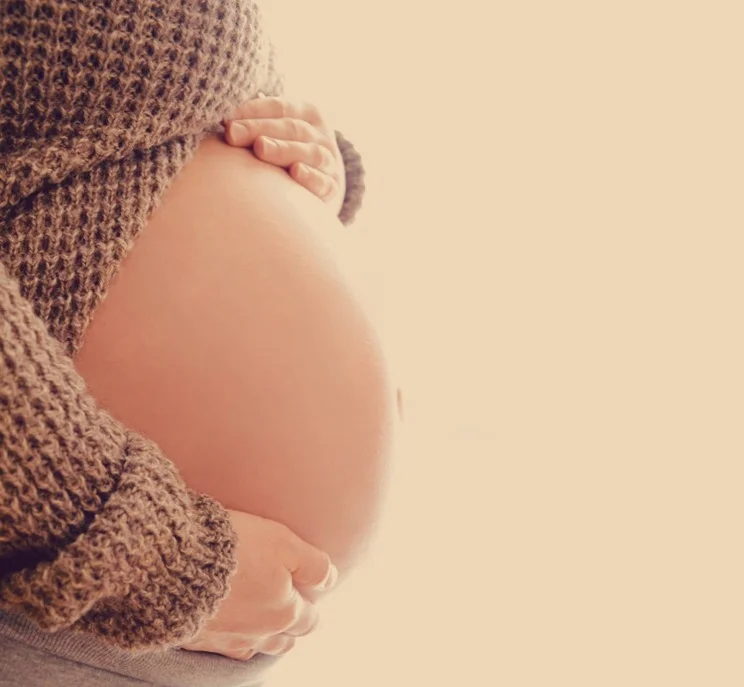PERINATAL MOOD AND ANXIETY DISORDERS
Perinatal Mood and Anxiety Disorders (PMADS) are difficulties that may arise during pregnancy and/or the postpartum period. These include Perinatal/Postpartum Depression, Perinatal/Postpartum Anxiety, Perinatal/Postpartum OCD and Postpartum Psychosis. Every person is different and not everyone experiences them in the same way. Certain symptoms may be present and not others, and some may overlap. A comprehensive evaluation is needed to determine the nature of the symptoms and difficulties and formulate an accurate diagnosis, which in turn will inform treatment.
Because of the potential negative consequences for mother and baby, seeking help as early as symptoms begin is very important. Early intervention will lead to a faster recovery and getting back to a healthy, enjoyable life experience of motherhood. Learn more about treatment.
PERINATAL ANXIETY
Anxiety is a common human emotion. It signals the possibility of something negative happening. It is usually manifested in feelings of nervousness, worry and concern over anticipated outcomes. Anxiety is not problematic in itself, but when it reaches a degree that affects a person’s functioning, it can be quite difficult to manage.
Some symptoms of perinatal anxiety are:
constant worry
feeling nervous, on edge, fearful or uneasy
thinking something bad is going to happen
difficulty concentrating
fidgeting, restlessness, trembling, inability to relax
physical symptoms such as nausea, sweating, tachycardia,
headaches, dizziness, dry mouth and or gastric discomfort
PERINATAL OBSESSIVE COMPULSIVE DISORDER
Obsessive Compulsive Disorder commonly referred to by its acronym: OCD, is a type of severe anxiety disorder. Its essential feature are recurring obsessional thoughts or compulsive acts. Obsessional thoughts are ideas, mental images or impulses that enter the person’s mind in a repetitive way. They are involuntary and usually distressing. Sometimes they may even be frightening, as they can be violent, repugnant or obscene. Compulsive acts are behaviors that are repeated over and over. They are not useful or enjoyable but rather perceived as preventing some event or situation.
Some symptoms of OCD during the perinatal period are:
Obsessive, intrusive thoughts (often related to the baby)
Distress about the intrusive thoughts
Compulsive behaviors or acts, aimed at reducing/preventing fears or imagined negative scenarios
POSTPARTUM PSYCHOSIS
Usually occurs in the first 1–4 weeks after childbirth. It is the most rare of the mental health issues that emerge during the perinatal period. Its symptoms tend to be acute and it implies a break from reality. In the psychotic state, the mother presents delusions and beliefs that feel very real and make sense to her, but judgement and cognitive function are impaired, so it might be hard for her to recognize that something is not right. Because of the potential negative consequences for mother and baby, immediate treatment is imperative.
Symptoms may include:
delusions or strange beliefs
hallucinations (hearing or seeing things that are not there) and/or perceptual disturbances
emotional turmoil with intense feelings of of happiness and ecstasy or anxiety and irritability
suspiciousness or paranoia
preoccupation and inattention to immediate conversations
disorganized behavior
Postpartum psychosis is temporary and treatable with professional help and most women who experience it do not harm themselves or anyone else. However, there is always the risk of danger as psychosis includes delusional thinking and irrational judgment, making it extremely important to assess and treat immediately by a trained perinatal mental health professional.
